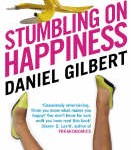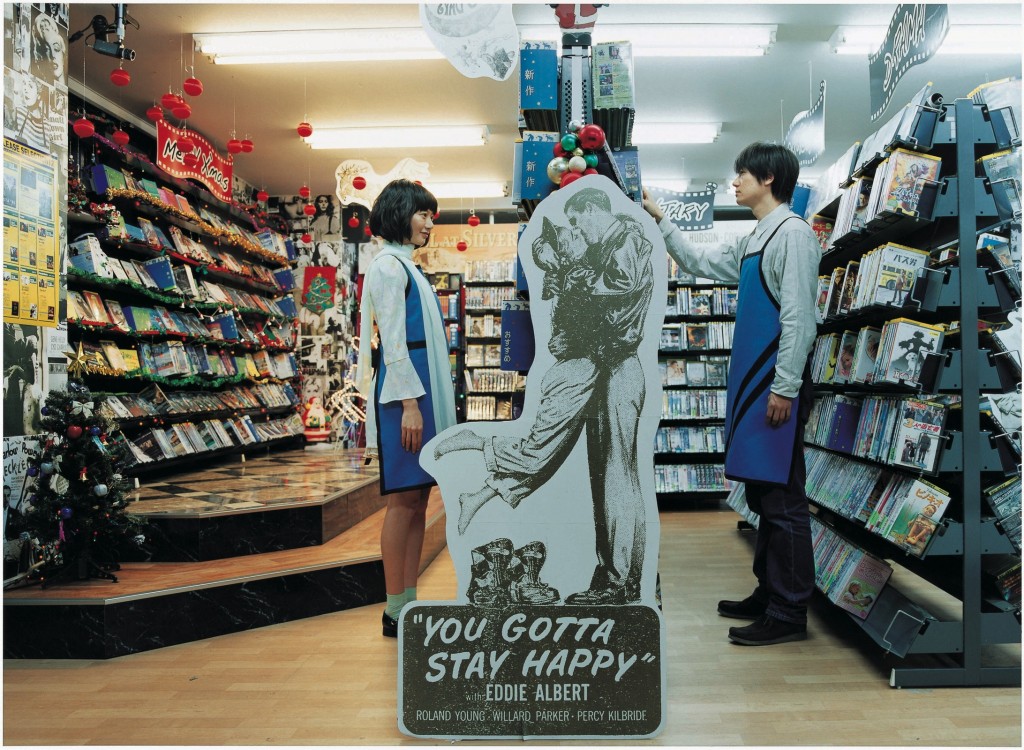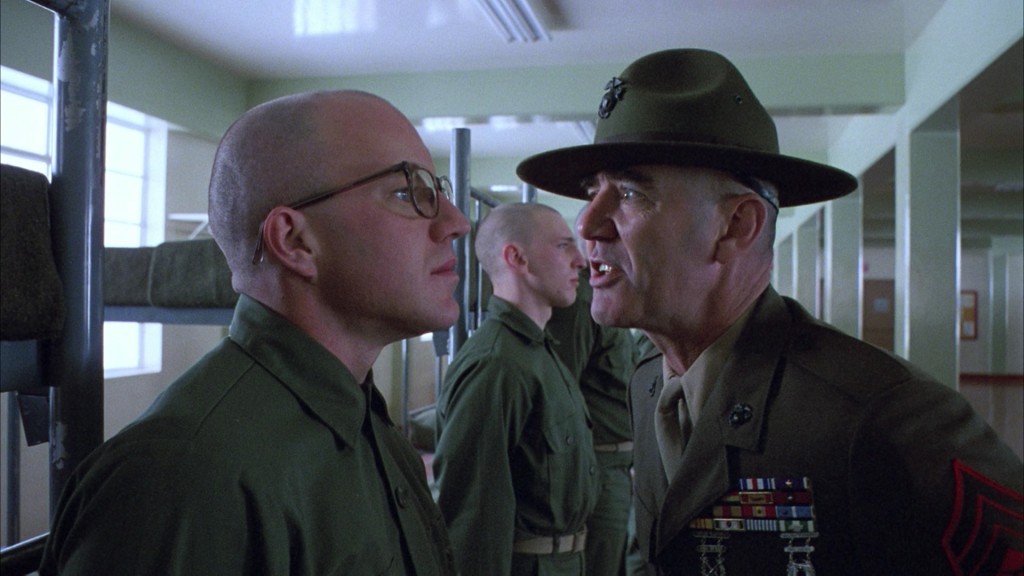by E
I picked up Stumbling on Happiness on a discount table in some mall back in Canada. I had heard it was good so wanted to give it a read. The book sat on my shelf over-top of my tv for three years and only made it to Korea after, what must have been, a harrowing special ops mission to sneak into my suitcase just before I boarded my plane to Asia.
When I unzipped my suitcase after arriving in the Far East, the red hardcover book was sitting there smugly on top of my clothes. Well, one thing led to another and I ended up cracking it open.
Daniel Gilbert, decorated Harvard Psychologist and author of at least one book, takes up the challenge of showing the reader just how wrong we all can be when making judgements about our own happiness now or in the future. Of course, we think much differently. People, generally, think that they have a very good understanding of what will make them happy, and what has made them happy in the past. People see this as obvious, and challenging it seems, well… silly. Silly, ultimately, for anyone other than Daniel Gilbert who spends a good 240 pages hammering out, in true academic style, just how wrong we can be… and why.
Unlike most people, Gilbert has access to a large number of psychological studies that look at human happiness and judgement. These studies, according to Gilbert, provide damning testimony against our ability to make accurate assumptions regarding our own future states, or even accurately remember how we felt in the past. He doesn’t stop there, though. Gilbert also levels charges against our ability to make simple observations about how we feel in the present moment, a bold move to be sure. Of course, nobody can dispute science, aside from maybe scientists themselves, so we’re all pretty much stuck believing the words he so thoroughly pens in this book. Talk about being fucked.
The Good
 Lets get right down to it. This book is great for showing all those little problems we have with judgement. It’s great for identifying when and how we go wrong when making judgments about our own current happiness, or what will make us happy in the future. It even enthusiastically shows just how we can be so very wrong about our happiness in the past, how we can see the past as more rosy than it actually was thereby leading us to make poor decisions when pursuing our own happiness in the future. To do this, you guessed it, Gilbert covers study after study after study that purports to show the conclusion he’s driving at.
Lets get right down to it. This book is great for showing all those little problems we have with judgement. It’s great for identifying when and how we go wrong when making judgments about our own current happiness, or what will make us happy in the future. It even enthusiastically shows just how we can be so very wrong about our happiness in the past, how we can see the past as more rosy than it actually was thereby leading us to make poor decisions when pursuing our own happiness in the future. To do this, you guessed it, Gilbert covers study after study after study that purports to show the conclusion he’s driving at.
The Bad
The conclusion he’s driving at can really be summed up with one simple sentence: “People are incapable of making judgments about what will make them happy, so don’t bother trying.” It’s really that simple. The rest of the book gives evidence for that idea, and is pretty much a waste of time to read. Another major flaw is his decision not to address one key argument. Psychological studies have existed for decades that show what actually makes people happy. If we want to make a good guess about what will make us happy in the future, we can just look at what has made most others happy and reach a reasonably strong conclusion that those things will make us happy as well. Not addressing this left his argument unfinished.
Ultimate Recommendation: ummm…
Let me save you $10: “People are incapable of making judgments about what will make them happy, so don’t bother trying.” The entire book really all comes down to that line. Every other sentence, all 240 pages of them, is aimed at supporting that assertion through scientific evidence. Zzzz…
I really think that, for most people, reading his arguments to support this claim provides little value. I don’t think the principles he talks about are easy to apply to other areas of your life – this is not a self-help book. Of course, you can apply them if you want to think creatively about how to use these scientific findings… but then again I’m sure there are books listing best practices for whatever you want to use these studies for, ultimately. On the other hand, if you are at the stage where best practice books won’t help you anymore, picking up a textbook or research paper is probably a far better option. If you’re interested in finding happiness, then you should probably just pickup a book on Buddhism or, better yet, take a look at Martin’s perfect first date system. Either of those two would be a far better option.
If you really want to pick it up to comb through his reasoning then I recommend using Amazon to buy it. I always use Amazon when I buy a book because Amazon has great prices, is reputable, and has great service.




